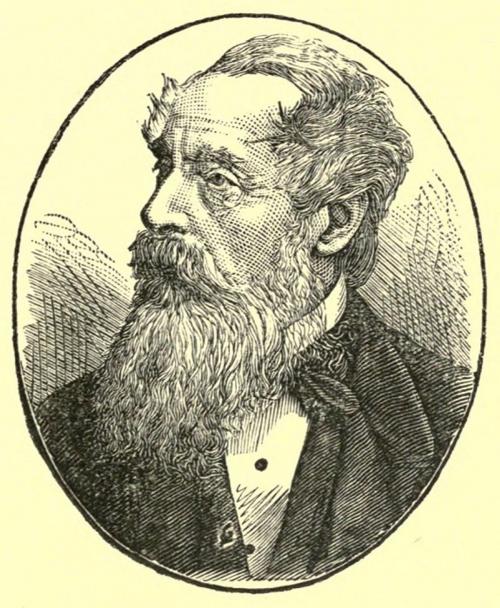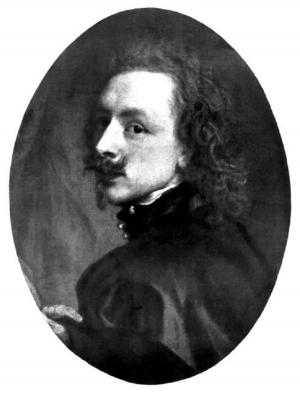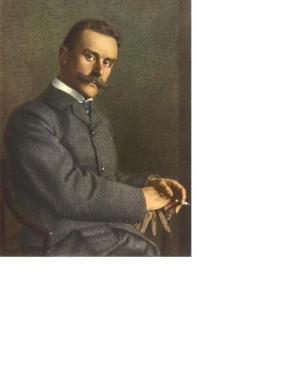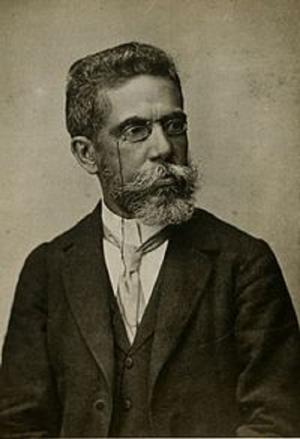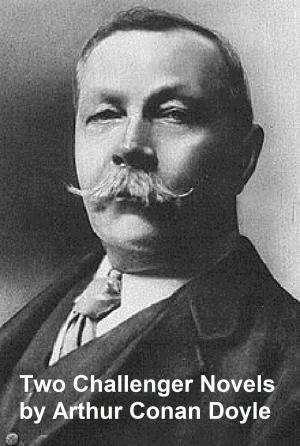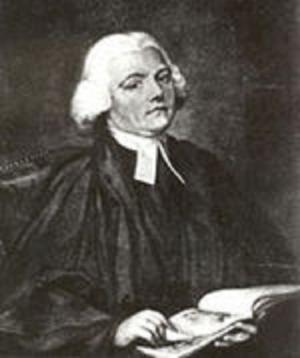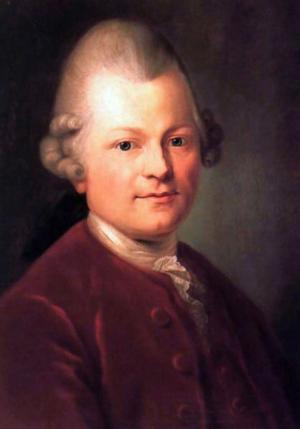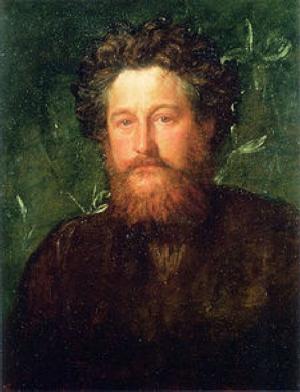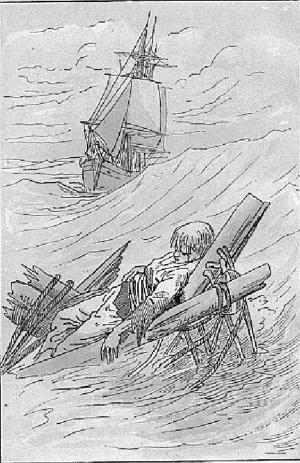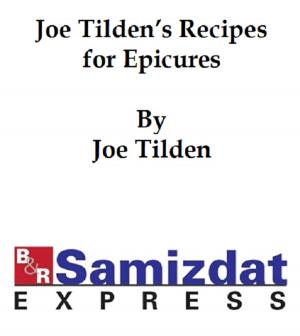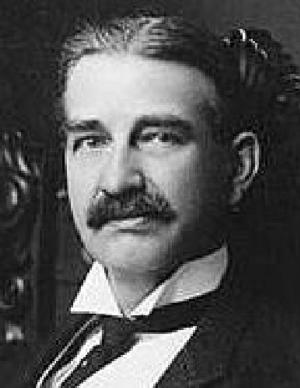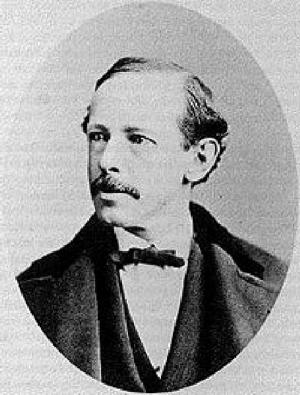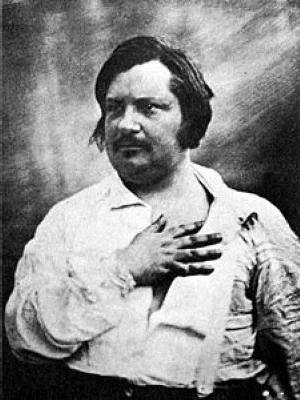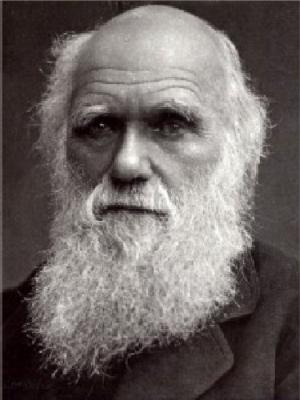Mark Seaworth, a Tale of a Young man's Search for His Sister and His Identity
Fiction & Literature, Classics, Kids, Teen, General Fiction, Fiction| Author: | Kingston, W.H.G. | ISBN: | 9781455393947 |
| Publisher: | B&R Samizdat Express | Publication: | June 10, 2015 |
| Imprint: | Quench Editions | Language: | English |
| Author: | Kingston, W.H.G. |
| ISBN: | 9781455393947 |
| Publisher: | B&R Samizdat Express |
| Publication: | June 10, 2015 |
| Imprint: | Quench Editions |
| Language: | English |
This is an absolutely brilliant book, not least because it is a shining example throughout, of the use of good English. The story is exciting, and the telling of it made interesting, with its wealth of local detail. According to Wikipedia: "William Henry Giles Kingston (28 February 1814 - 5 August 1880), writer of tales for boys, was born in London, but spent much of his youth in Oporto, where his father was a merchant. His first book, The Circassian Chief, appeared in 1844. His first book for boys, Peter the Whaler, was published in 1851, and had such success that he retired from business and devoted himself entirely to the production of this kind of literature, in which his popularity was deservedly great; and during 30 years he wrote upwards of 130 tales, including The Three Midshipmen (1862), The Three Lieutenants (1874), The Three Commanders (1875), The Three Admirals (1877), Digby Heathcote, etc. He also conducted various papers, including The Colonist, and Colonial Magazine and East India Review. He was also interested in emigration, volunteering, and various philanthropic schemes. For services in negotiating a commercial treaty with Portugal he received a Portuguese knighthood, and for his literary labours a Government pension."
This is an absolutely brilliant book, not least because it is a shining example throughout, of the use of good English. The story is exciting, and the telling of it made interesting, with its wealth of local detail. According to Wikipedia: "William Henry Giles Kingston (28 February 1814 - 5 August 1880), writer of tales for boys, was born in London, but spent much of his youth in Oporto, where his father was a merchant. His first book, The Circassian Chief, appeared in 1844. His first book for boys, Peter the Whaler, was published in 1851, and had such success that he retired from business and devoted himself entirely to the production of this kind of literature, in which his popularity was deservedly great; and during 30 years he wrote upwards of 130 tales, including The Three Midshipmen (1862), The Three Lieutenants (1874), The Three Commanders (1875), The Three Admirals (1877), Digby Heathcote, etc. He also conducted various papers, including The Colonist, and Colonial Magazine and East India Review. He was also interested in emigration, volunteering, and various philanthropic schemes. For services in negotiating a commercial treaty with Portugal he received a Portuguese knighthood, and for his literary labours a Government pension."
